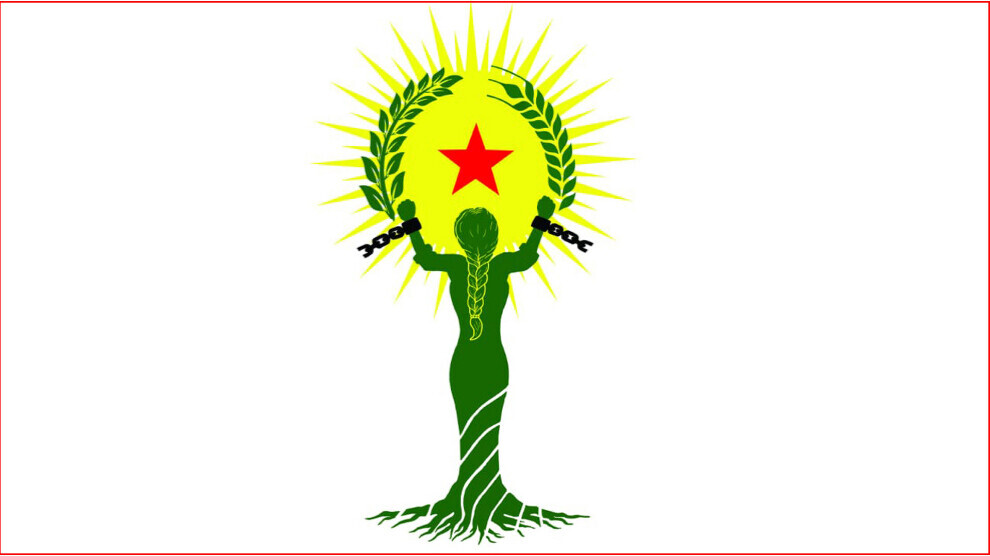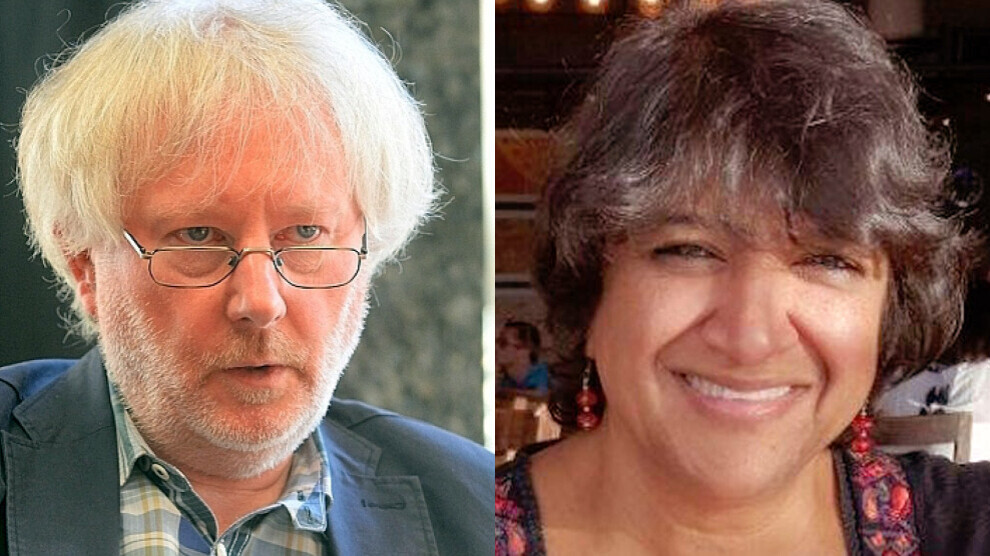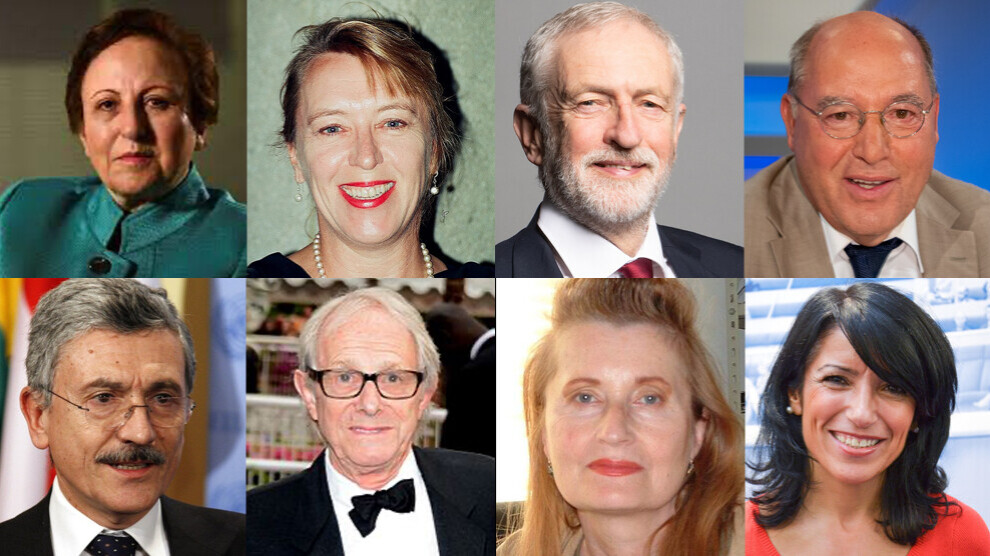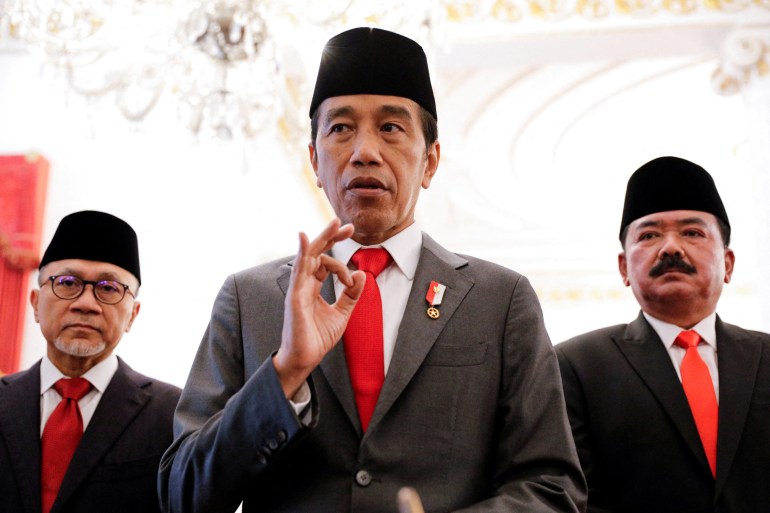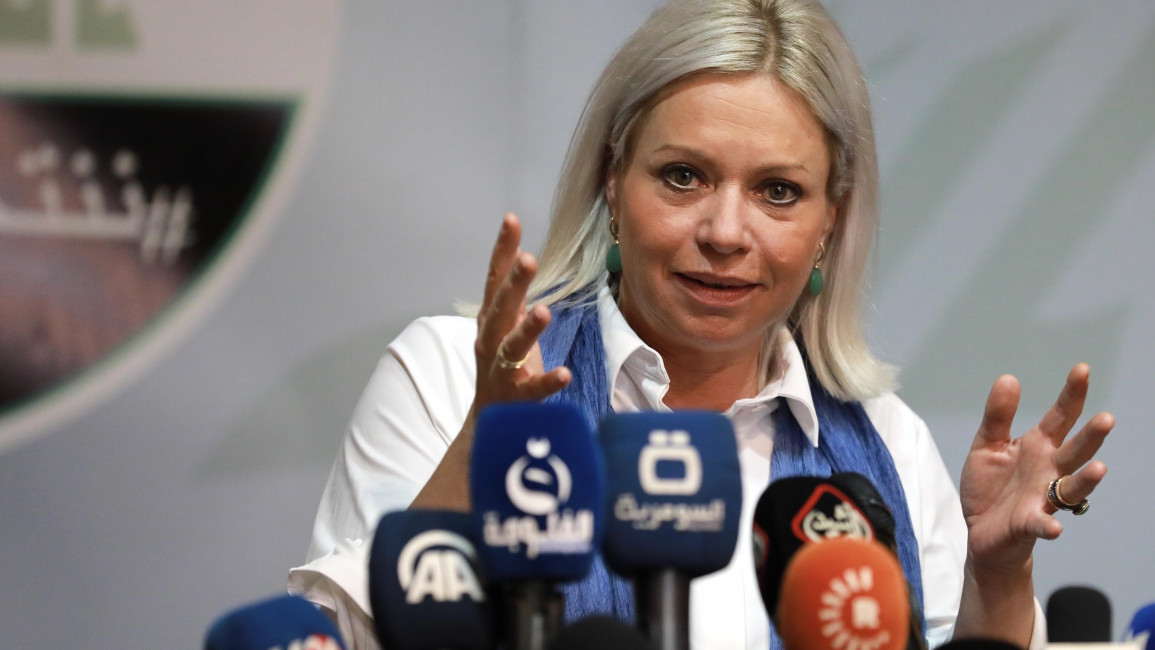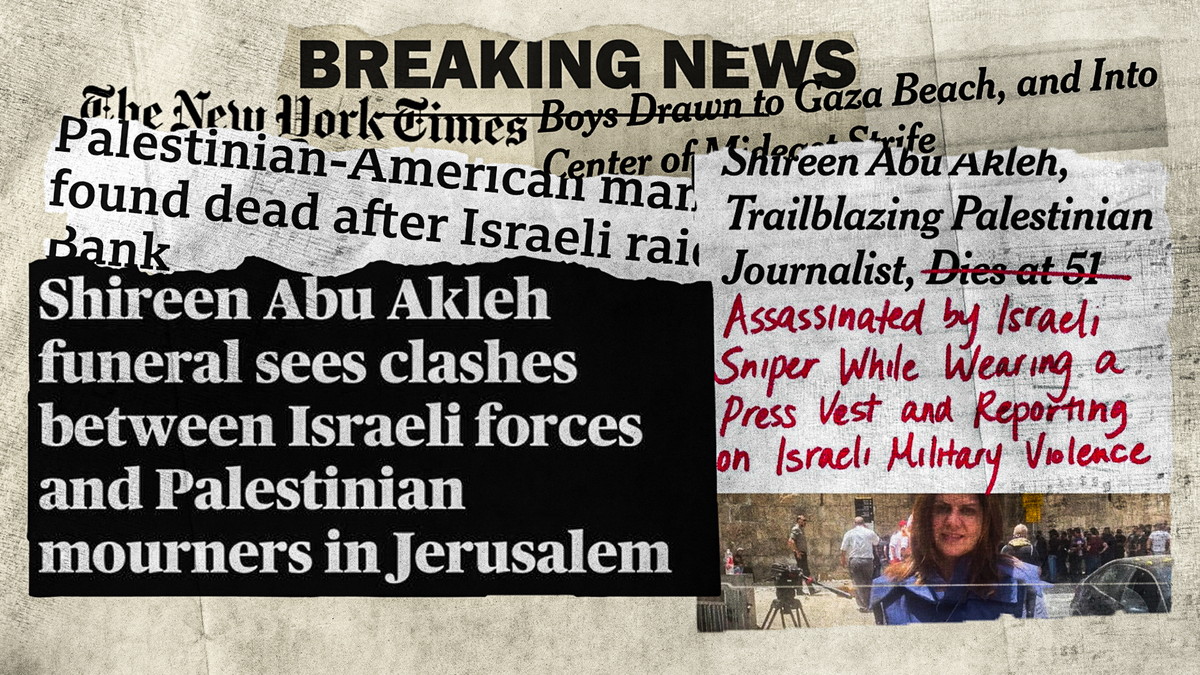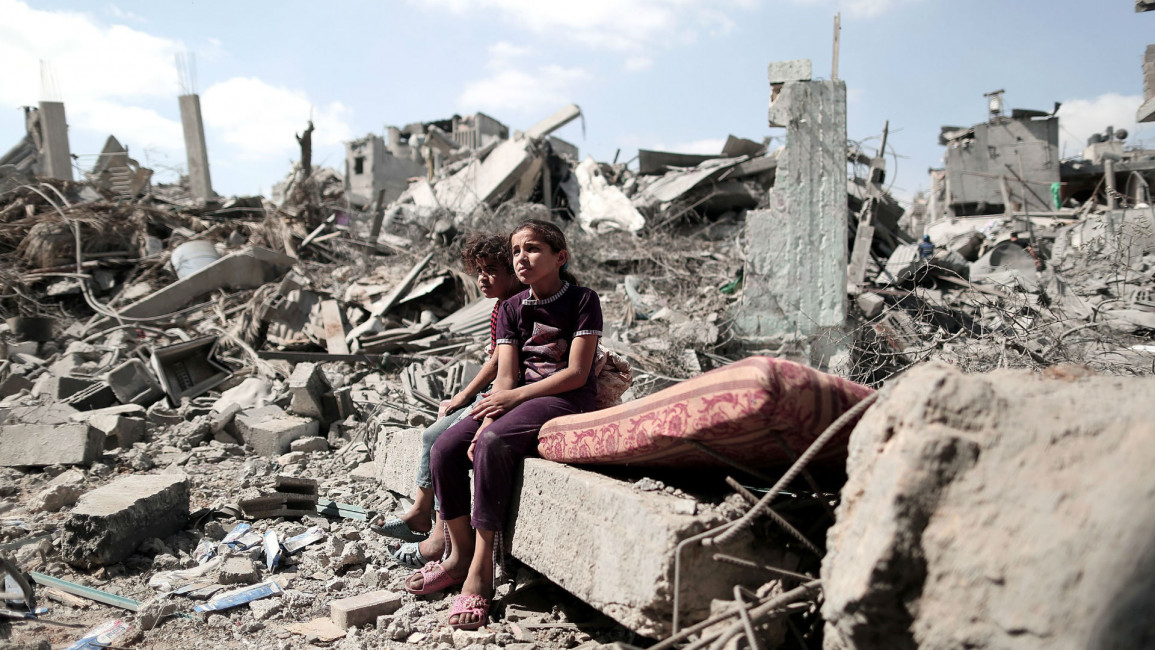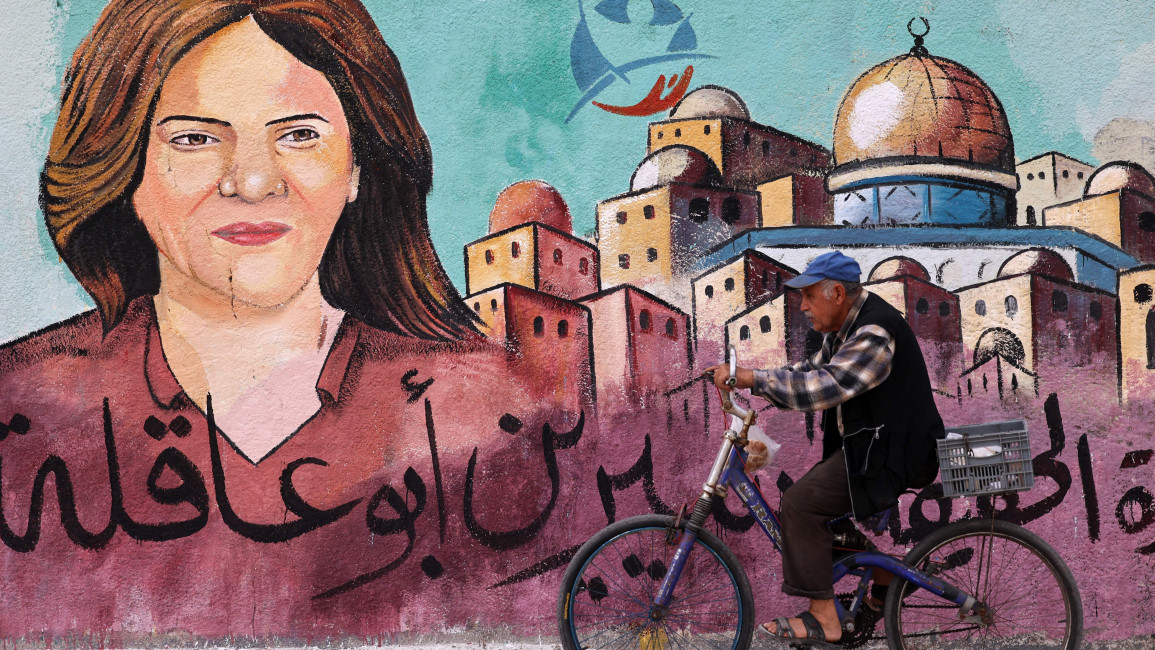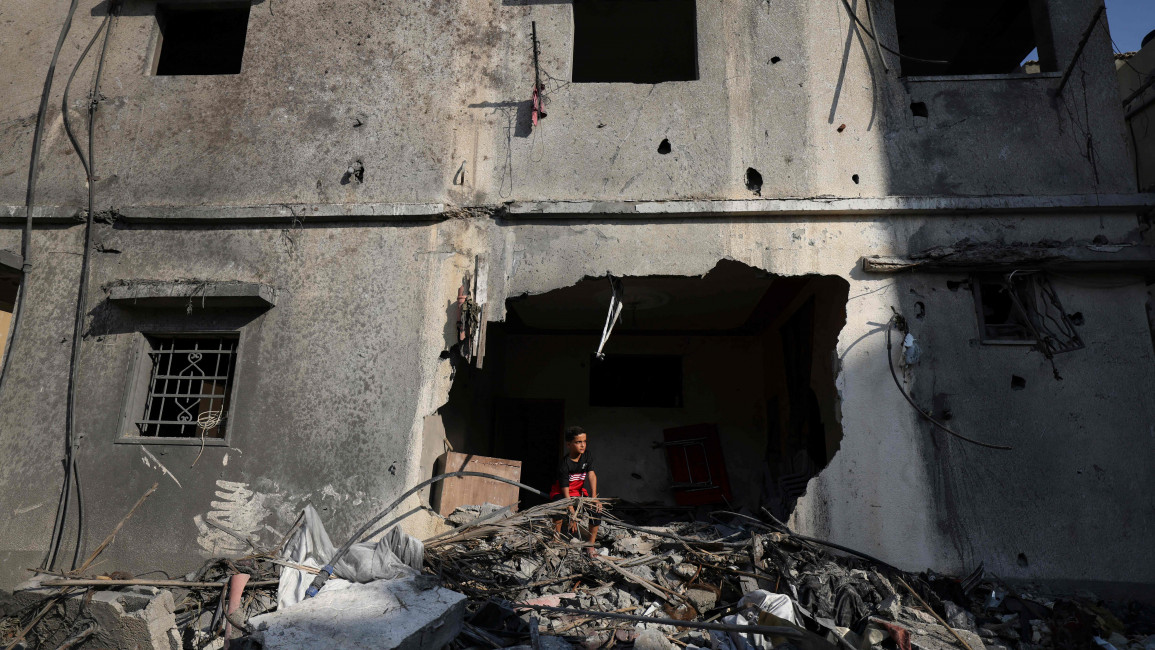Turkey has attacked the autonomous region of northeast Syria 3,763 times since the beginning of the year. 33 people died and 124 people were injured. The intensity of the attacks has increased greatly in recent months.
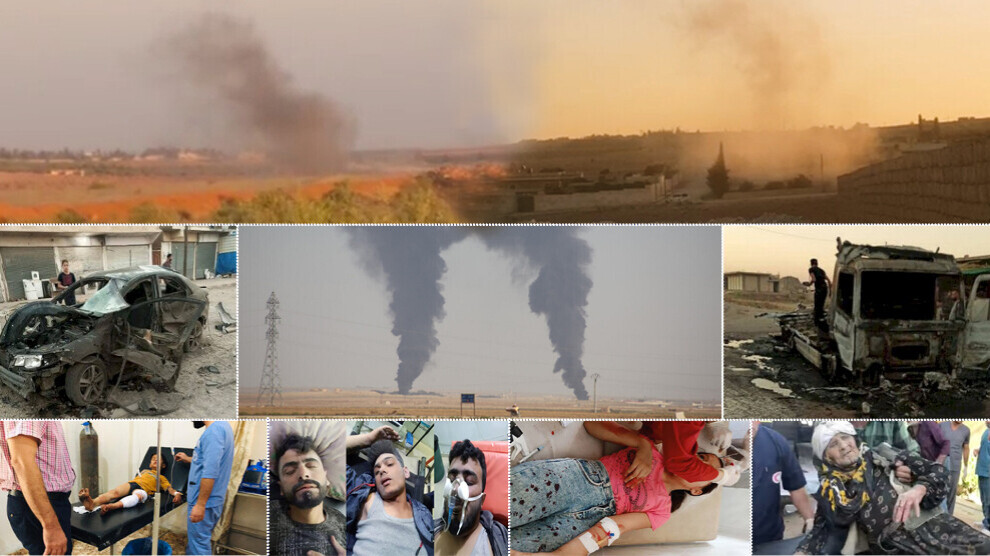
KAHRAMAN DILSOZ
MANBIJ
Saturday, 13 Aug 2022,
On 1 June 2022, the Turkish state threatened another invasion of Northern and Eastern Syria. Although it is said that the operation has not received sufficient authorization from the major powers, a different picture emerges when looking at the attacks on the region. In a two-and-a-half-month period, there were 1,420 attacks, killing 23 people and injuring another 57. Since January 2022, the Turkish state has carried out at least 3763 attacks on Rojava. 33 people were killed and 124 people injured.
January: 387 attacks, 25 injured
The Turkish occupying forces and the mercenaries they controlled attacked Northern and Eastern Syria 387 times in January. At the same time, the region was overflown five times by fighter jets and 80 times by reconnaissance drones. The attacks injured 25 civilians.
Type of attacks: Drone (4), Mortar (77), Howitzer (124), Tank (2), Katyusha (1), Rocket (5), Grenade Launcher (18), Doçka (107), Rocket Launcher (1) B- 7 (5), Assassination (3), BKC (5), Sabotage (1), Sonic Bomb (1). There were also 20 jamming fires, twelve ground attack attempts and one infiltration attempt.
February: 432 attacks, two dead, 16 wounded
The Turkish occupying forces and its mercenaries carried out 432 attacks on Northern and Eastern Syria in February. At the same time, seven times fighter jets were seen in the region, as well as 119 reconnaissance drones. The attacks killed two civilians and injured 16 civilians.
Type of attacks: Drone (13), Mortar (67), Howitzer (153), Tank (14), Katyusha (3), Rocket (2), Grenade Launcher (25), Doçka (146), SPG-9 (2), Assassination (3), BKC (3), Sabotage (1).
March: 288 attacks, ten injured
The Turkish occupying forces and their mercenaries attacked Northern and Eastern Syria 288 times in March. At the same time, there were 20 movements of combat aircraft and 123 movements of reconnaissance drones detected in the region. Ten civilians were injured in these attacks.
Type of attacks: Drone (3), Mortar (34), Howitzer (28), Tank (2), Rocket (3), Grenade Launcher (23), Doçka (154), Assassination (13), BKC (23), Sabotage (2). There were also two jamming fires and an infiltration attempt.
April: 529 attacks, four dead, nine wounded
The Turkish occupying forces and their mercenaries attacked Northern and Eastern Syria 529 times in April. At the same time, there were 20 fighter jet flights and 177 reconnaissance drone flights in the region. The attacks killed four people and injured nine people.
Type of attacks: Drone (12), Mortar (73), Howitzer (234), Tank (41), Rocket (2), Grenade Launcher (18), Doçka (103), Assassination (17), BKC (26), Sabotage (3). There were also four jamming fires, one ambush and three infiltration attempts.
May: 711 attacks, two dead, seven wounded
The Turkish occupying forces and their mercenaries attacked Northern and Eastern Syria 711 times in May. At the same time, fighter jets and 222 reconnaissance drones were deployed in the region. The attacks killed two people and injured seven people.
Type of attacks: Drone (6), Mortar (131), Howitzer (333), Tank (19), Rocket (6), Grenade Launcher (33), Doçka (148), Assassination (12), BKC (17), Sabotage (3), other attacks (3).
June: 451 attacks, three dead, twelve wounded
The Turkish occupying forces and their mercenaries attacked Northern and Eastern Syria 451 times in June; Fighter jets were active in the region 43 times and reconnaissance drones 315 times. The attacks killed three people and injured twelve people.
Type of attacks: Drone (10), Mortar (74), Howitzer (150), Tank (10), Rocket (14), Grenade Launcher (33), Doçka (117), Assassination (18), BKC (11), Other Attacks (14).
July: 363 attacks, seven dead, 25 wounded
The Turkish occupying forces and their mercenaries carried out 363 attacks on Northern and Eastern Syria in July. At the same time, 13 overflights of fighter jets and 401 flights of reconnaissance drones took place. The attacks killed seven people and injured 25 people.
Type of attacks: Drone (18), Mortar (73), Howitzer (120), Tank (17), Katyusha (10), Rocket (4), Mortar (36), Doçka (43), Assassination (21), BKC (7), sabotage (1), other attacks (13).
August: Over 600 attacks, 15 dead, 20 wounded
The Turkish occupying forces and their mercenaries have carried out more than 600 attacks on Northern and Eastern Syria as of 13 August. These attacks with drones, artillery and howitzers killed 15 people and injured more than 20 people.
